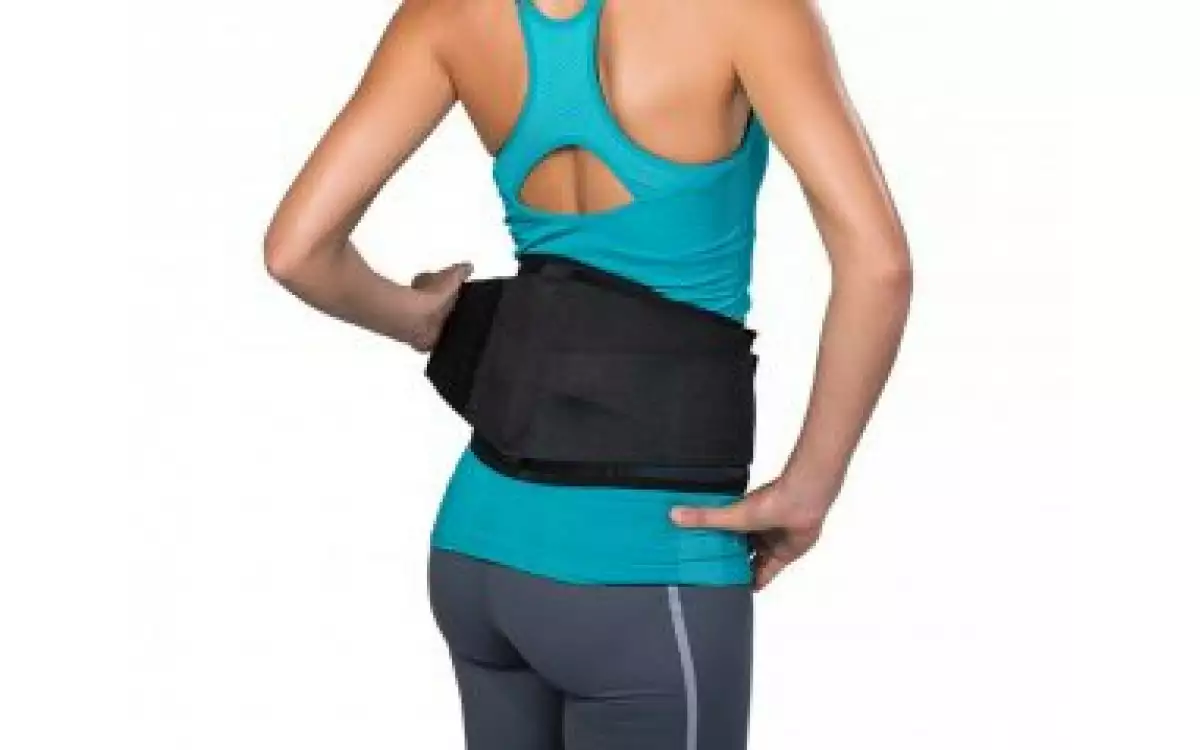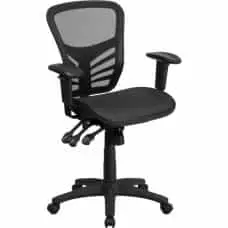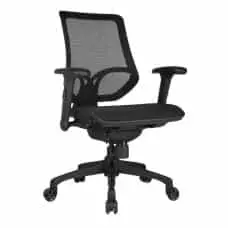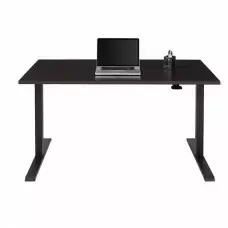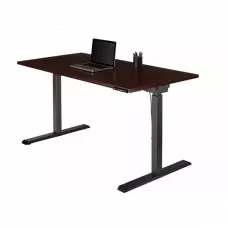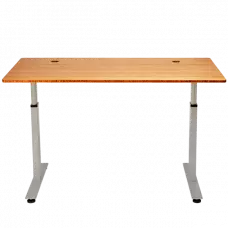If you feel depressed sitting inside an office cubicle from 9am to 5pm every day, you are not alone. 93% of Americans loathe cubicles, agreeing that this is the worst part of work. In Nikil Saval's book "Cubed", he argues that the cubicle "connotes dread, hatred, the terrible white collar life". He also claims that cubicles have become "a symbol of a workplace that doesn't really care about you", explaining how employers use them to fit as many people as possible into tighter spaces (Yahoo Finance).
For this reason, top companies such as Google are replacing cubicles with standing desks. Even the White House followed this office trend, asking for almost $700,000 just for standing desks.
Here are five reasons all companies should consider replacing the cubicles at their offices with standing desks.
1. By creating a more collaborative work environment, cutting cubicles will attract millennials to your businesses. When cubicles were first implemented in the 1960s, architects thought they would be helpful because they provided privacy in a less confining way than office walls. However, one drawback of cubicles is that by creating this sense of privacy, they diminish collaboration at the workplace. In failing to encourage interaction at the workplace, companies are pushing millennials away from their business.
According to Inc, 88% of millennials "prefer a collaborative work culture rather than a competitive one." For this reason, top companies for recruiting millennials, such as Facebook, Yahoo, Samsung, and Google, have ditched cubicles in order to redesign their offices to reflect a more open and interactive work environment. Replacing cubicles with standing-desks will help attract millennials to your business by sending them the message that your company values interaction.
2. By creating a more collaborative work environment, cutting cubicles increases work productivity. Millennials are right to look for an office space that fosters collaboration because research shows that interactive work environments increase work productivity. Harvard Business Review explains that the "coworking spaces" replacing cubicles with more open spaces creates, have numerous benefits. Apart from increasing work productivity, interactive work environments increase business network size, establish more positive social relationships, reduce feelings of isolation, and create a greater sense of trust at the workplace. Standing-desks make it easier to share ideas at work, therefore frosting collaboration and increasing work productivity.
3. Sitting is the new smoking: sitting at cubicles for prolonged hours leads to heart disease. Obesity expert Dr. James Levine broke internet headlines when he claimed that "sitting is the new smoking." Levine explains that, "sitting is more dangerous than smoking, kills more people than HIV and is more treacherous than parachuting. We are sitting ourselves to death." Numerous studies support Levine's findings. Research shows that sitting for prolonged periods of time increases risk of colon, endometrial, breast and possibly lung cancer. Sitting for long periods of time also increases risk of heart disease, obesity, type two diabetes, muscular issues in later years of life, and depression.
Standing desks help combat the negative health effects of prolonged sitting by lower risk of obesity, lowering blood sugar levels, reducing risk of heart disease, decreasing back pain, improving mood and increasing energy levels, boosting work productivity, and helping you live longer (Authority Nutrition).
4. Sit-Stand desks are easier to share: companies are now refraining from assigning work stations. "Hot desking" or hoteling is a new trend modern offices are currently using that refers to not assigning employees desks or workstations. CBS News explains that "the idea is to have offices operating at maximum efficiency. It's also a response to employees moving away from paper and into purely digital environments. They don't need file cabinets and they no longer have piles of memos to sort through." Additionally, more and more employees are working remotely from laptops, and therefore giving employees their own desk is not practical for companies.
Standing desks are perfect for hoteling because they are easier to share than cubicles as they prepare employees to move around and interact with their work environment.
5. Standing desks help employees increase their steps at the workplace. Today's generation is obsessed with health and wellness. For this reason, Fitbits, or wristbands that allow people to count how many steps they take at the workplace and in a day in general, have become a huge trend.Increasing daily step count has numerous health benefits, including, increased self-esteem, decrease risk of injuries, reducing stress, increasing metabolism, and reducing risk of high blood pressure. Unlike cubicles, standing desks allow people to move around while they work, helping them increase the amount of steps they take in the day.
Interested in bringing standing desks to your office? Visit Beverly Hills Chairs




